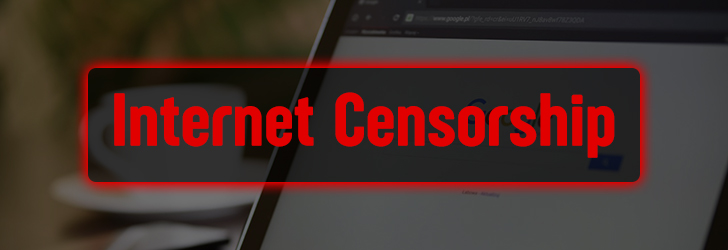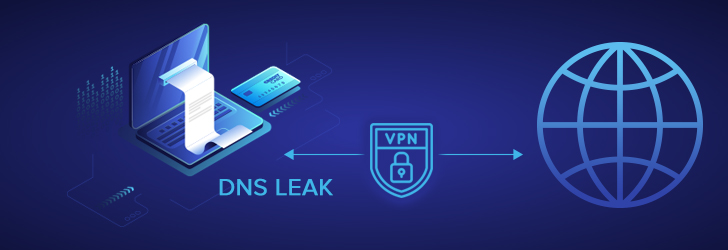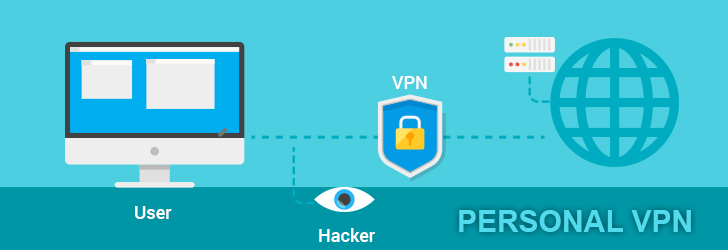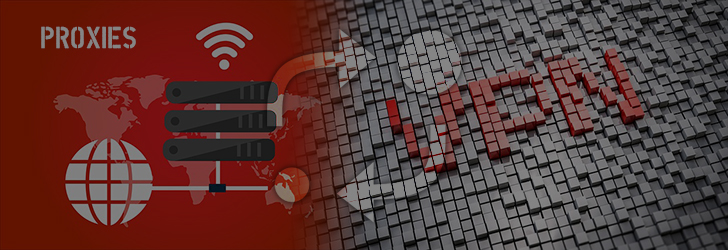
Internet censorship puts restrictions on what information can be publicized or viewed on the Internet. Governments and other organizations commonly use internet censorship to block access to copyrighted information as well as to harmful or sensitive content. However, internet censorship can also be used as a propaganda method to promote specific religions and political agendas.





